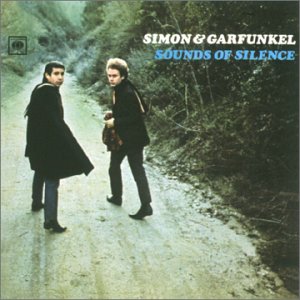
- Format: MP3

Simon & Garfunkel's second album was a radical departure from their first, owing to its being recorded in the wake of "The Sound of Silence," with its overdubbed electric instrument backing, topping the charts. Paul Simon arrived with a large song-bag, enhanced by his stay in England over the previous year and his exposure to English folk music, and the duo rushed into the studio to come up with ten more songs that would fit into the folk-rock context of the single. The result was this, their most hurried and uncharacteristic album — Simon and Art Garfunkel had to sound like something they weren't, surrounded on many cuts by amplified folk-rock-style guitar, electric piano, and even horns. Much of the material came from The Paul Simon Songbook, an album that Simon had recorded for British CBS during his stay in England, some parts of it more radically altered than others. The record was a rushed job overall, and apart from the title track, the most important songs here were also, oddly enough, among the least enduring, "I Am a Rock" and "Richard Cory" — the former for establishing the duo (and Simon as a songwriter) as confessional pop-poets, sensitive and alienated post-adolescents that endeared them to millions of college students going through what later came to be called an "identity crisis"; and the latter for endearing them to thousands of high-school English teachers with its adaptation of Edward Arlington Robinson's poem.